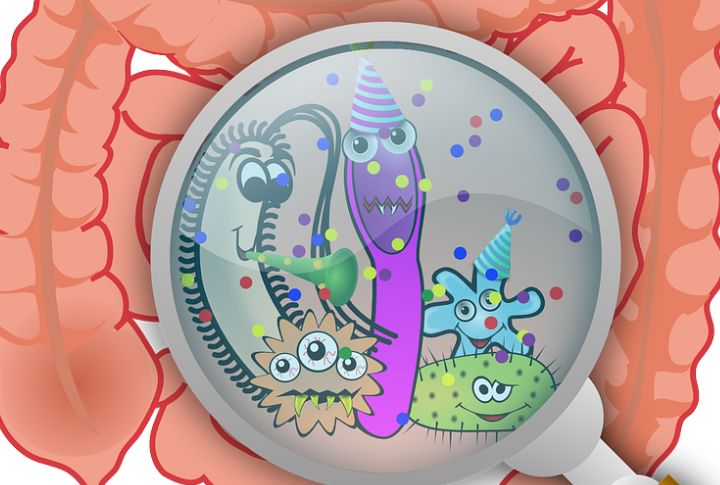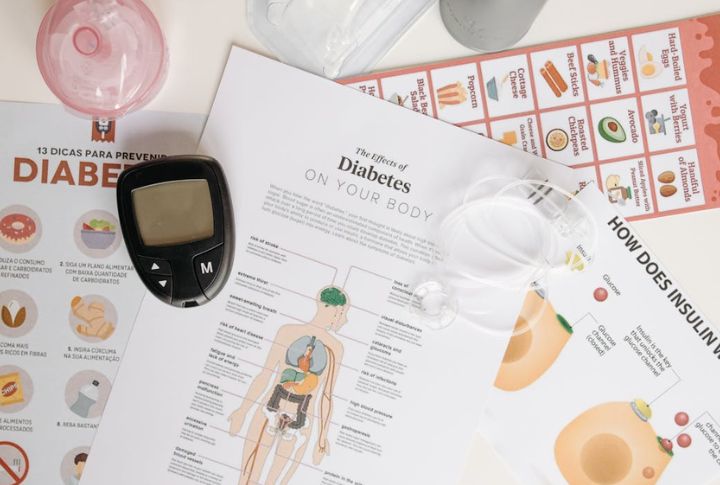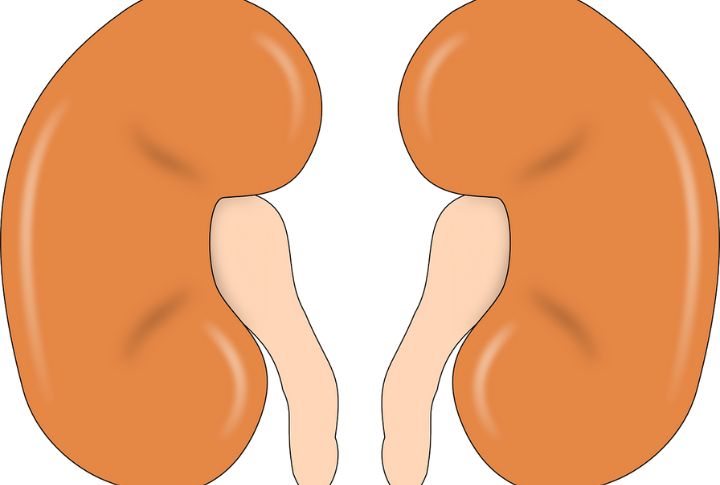Health
Zero-Calorie Sweeteners Are Harming You With These 10 Hidden Risks

Every day, millions of people use zero-calorie sweeteners in diet drinks, thinking it’s automatically a better choice because it’s sugar-free. But these sugar substitutes trick your taste buds. They’re capable of many things, and one of them is altering how your body responds to real food. Here are 10 hidden risks you should be aware of.
Weight Gain

Zero-calorie sweeteners trick your brain into expecting energy but deliver none and confuse your appetite signals. This mismatch can increase sugar cravings and overeating. A 2017 CMAJ study found that regular users gained weight over time due to changes in their hunger and reward responses.
Effects On Gut Microbiome

Your gut bacteria shape everything from digestion to immunity. Sweeteners like saccharin and sucralose can disrupt this balance, often promoting the growth of harmful strains linked to inflammation and insulin resistance. As your microbiome shifts, your body may struggle to process sugar properly and raise the risk of long-term metabolic issues.
Insulin Response And Diabetes Risk

A 2014 Nature study by Suez found that saccharin disrupted gut bacteria and impaired glucose tolerance in both mice and humans. Even without calories, sweeteners can trigger insulin release. That sweet taste can send mixed signals to your pancreas, especially with frequent use, which can potentially disrupt insulin response over time.
Kidney And Liver Health

Population studies have linked heavy diet soda intake to declining kidney function, while animal research shows signs of fatty liver changes. Regular use of artificial sweeteners may quietly strain both organs by disrupting waste filtration and altering how your kidneys handle minerals like sodium and potassium.
Addictive Eating Behaviors

Zero-calorie sweeteners trigger your brain’s reward system without delivering calories, creating a disconnect that leaves you unsatisfied most of the time. This can increase cravings and drive you to eat more. Over time, exposure to extreme sweetness makes natural foods like fruits seem bland, slowly rewiring your taste buds.
Altered Taste Preferences

Speaking of taste buds, artificial sweeteners can reshape what your brain expects from food. The reduced dietary variety and increased cravings for ultra-processed, hyper-sweet products your body doesn’t need can shift real quick. Their intense sweetness dulls your response to natural flavors, which makes fruit or whole foods feel bland.
Potential Allergic Reactions And Sensitivities

Headaches and skin rashes might happen after consuming zero-calorie sweeteners. People with PKU (a rare genetic condition) must avoid aspartame completely because it contains phenylalanine, which their bodies can’t break down and can cause brain damage. Even without allergies, some people feel foggy or nauseous after eating sugar-free products.
Brain Health

Aspartame in your diet drinks breaks down into compounds that can overstimulate brain cells. Regular intake may disrupt dopamine and serotonin levels, often causing trouble concentrating and mood problems without obvious warning signs. The real risk lies in how these sweeteners quietly alter the brain’s regulatory system and can shape how your body works over time.
Heart Disease And Stroke Risk

Using artificial sweeteners daily could quietly raise your heart risk. A 2019 Stroke study found that women who drank two or more diet drinks a day had higher stroke and heart-related death rates. These sweeteners may impair blood vessel function and fat metabolism, especially in those with existing heart issues.
Inflammation Concerns

Bloating or sluggish digestion is also caused by these sweeteners. Animal studies show compounds like saccharin and sucralose can disrupt gut bacteria, sometimes triggering inflammation in the intestinal lining. Over time, this low-grade inflammation may extend beyond digestion, potentially contributing to chronic inflammatory conditions.

